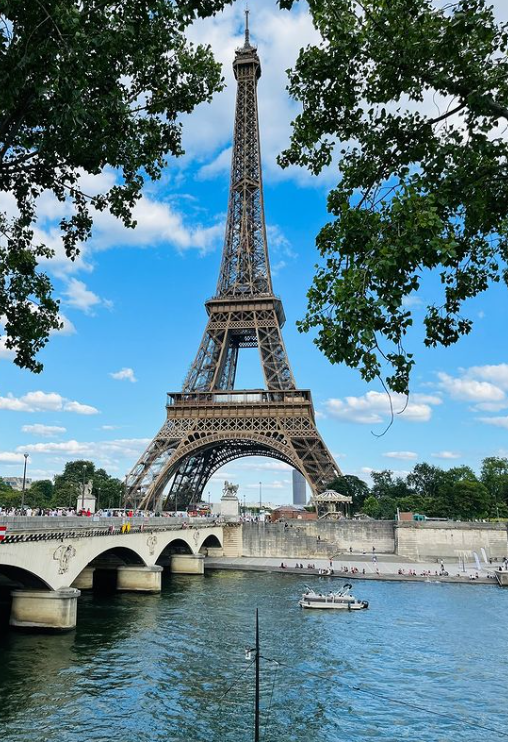The magnificent opening ceremony boat procession and important competitions like the swimming phase of the triathlon and marathon swimming will take place on the Seine River, which will be the focal point of the Paris 2024 Olympics.
However, the magnificence of this legendary location has been overshadowed by growing health concerns among athletes due to increased pollution levels in the Seine.
So where are we at this point?
The state and city of Paris monitoring organizations release weekly water quality reports based on Eau de Paris water analysis. It was stated in the first three June bulletins that the water was unsafe for swimming.
The river was safe for swimming on six days between June 24 and July 2, according to the most recent statistics, which were made public on Thursday.
Water quality is strictly monitored to guarantee public safety under European norms.
Tests measure the level of two bacteria: E coli (Escherichia coli) and Enterococcus faecalis.
The permissible limit for Enterococcus is 330 colony-forming units (cfu) per 100 milliliters, while the acceptable limit for Escherichia coli (E. coli) is 900 cfu.
By guaranteeing that the water we use and consume satisfies the highest standards of cleanliness and safety, these strict regulations ensure the health and safety of communities.
What elements affect the quality of the water?
Water contamination is mostly caused by four factors, according to Benjamin Raigneau, director of water quality at Paris City Hall: plastic waste, urban wastewater, agricultural runoff, and industrial discharge.
All of these factors put our water supplies in jeopardy.
Temperature: The bacteria dies more quickly at higher temperatures. Raigneau stated, “It makes a big difference whether the water is 16 degrees Celsius (60F) or above 22 degrees Celsius (71F), like it normally is in the summer.
A river’s pollution levels rise with its flow rate. Because pollutants are quickly dispersed by swift-moving waters, pollution control is essential for protecting our rivers and guaranteeing a sustainable future.

